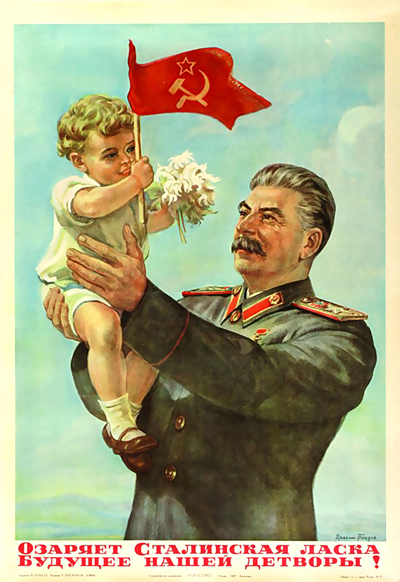When I explain surplus value to people, I use the example of a Starbucks. You’re working for $15/hr, selling hundreds of $5 drinks per hour, the surplus value covers the other costs like rent and supplies, but, as most investor-facing documents will lay out, that $15/hr/person is the largest expsense. So, fudging numbers here, you sell 50 drinks at $5 each, that’s $250-15-15 for labor and other costs, so $220/hr getting taken from the workers and sent to the owners.
So, even if a) I’m wildly off with the numbers, which makes perfect sense because I made them up and b) startup capital is hard to come by if you aren’t already rich, the existence of profit from seemingly simple businesses like a standalone coffee shop should be something workers can organize and replicate without much involvement from capital. So, why don’t we? Is it that we all have been propagandaized to want the surplus value for ourselves?


I think you might be underestimating the amount of capital needed.
Rent and decor for the premises, business and food licensing, equipment and stock are all racking up a significant initial outlay.
And it’s against the class interests of the banks, who hold a monopoly on finance, to invest in co-ops.
Exactly. A ballpark figure I’ve seen and experienced is a simple casual restaurant needs startup capital of at least $1M or equivalent. Split over 50 or even 100 employees and that’s a good chunk if not more money than they’d expect to make in a year.